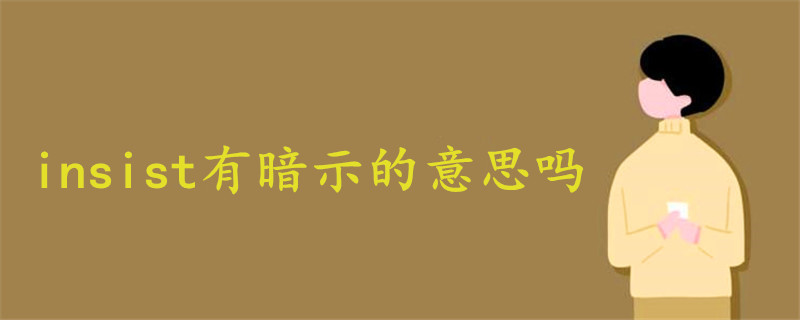left out和leave out的区别:含义不同、用法不同。left out的中文含义为“省去”、“不考虑”、“遗漏”,是被动的,主语是行为的承受者;leave out的中文含义为“排除”、“不包括”,是主动的,主语是行动的实施者。

一、left out的含义及用法
left out意为省去;遗漏;不考虑;没有考虑。
例句:Not a comma was left out.
一个逗号都没遗漏。
She was resentful at having been left out of the team.
她对被运动队淘汰感到气愤。
The printer has left out two lines from this paragraph.
印刷工人把这一段漏了两行。
You've made a mistake--you've left out the letter e.
你出了一个错,把字母e落了。
As nobody liked to talk to her, she felt completely left out in cold.
由于没有人喜欢和她谈话,她觉得备受冷落。
So I feel a little 'left out' of the conversation.
所以我感觉我被排除在对话之外了。
But their fake interrogation room left out details.
但他们的假审讯室在细节上不够到位。
二、leave out的含义及用法
leave out意为忽略;排除;不包括。
例句:It didn't seem fair to leave out her father
将她父亲排除在外似乎不公平。
Be sure not to leave out this item.
这一项可千万不能漏掉。
And I don't want to leave out Candace for her very inspiring remarks
当然我还要感谢坎迪斯和她鼓舞人心的发言
I think we should leave God out of it.
我想我们不应该拿上帝来说事
Leave emotions out of this and turn to logic.
所以舍弃冲动,回归逻辑吧!
When I am with my children, I try to leave work out of our lives.
当我跟孩子在一起时,我尝试让工作离开我们的生活。
















如果上下班途中发生交通事故,有权向所在单位要求享受工伤待遇。